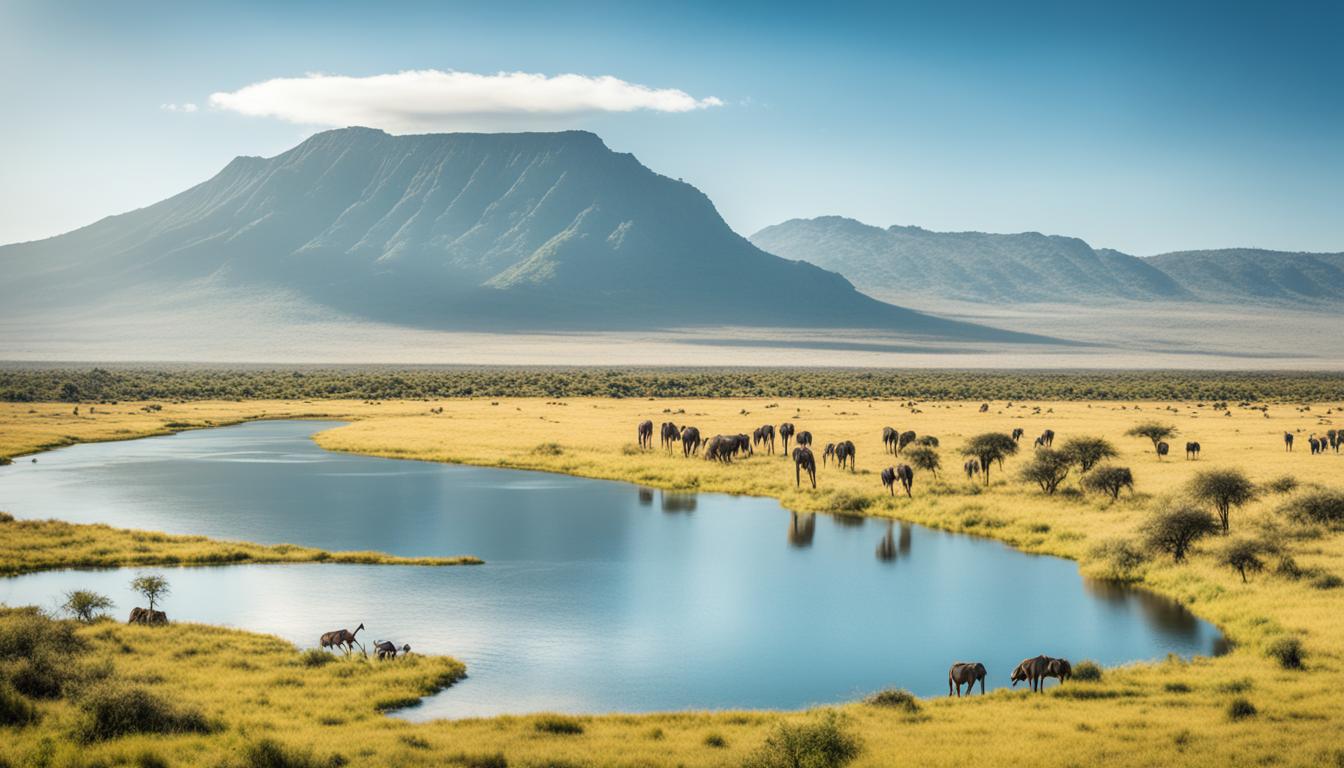Did you know that Tanzania welcomes over 1 million tourists each year? With such a high number of visitors, safety is a top priority in this East African country.
Meet Sarah, a passionate traveler who had always dreamt of exploring Tanzania’s breathtaking landscapes and vibrant culture. Before her trip, she did her research and discovered that Tanzania is considered one of the safest destinations in Africa. Armed with this knowledge, Sarah eagerly embarked on her adventure, ready to experience all that Tanzania had to offer.
Key Takeaways:
- Is Tanzania Safe To Visit
- Tanzania travel advice
- Safety tips for traveling to Tanzania
- Expert advice for visiting Tanzania
- Tanzania safety recommendations
Population and Cultural Diversity in Tanzania
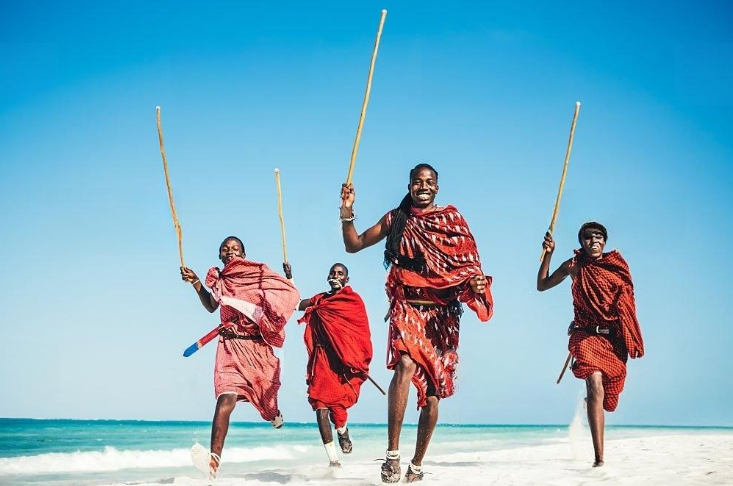
Tanzania is a country of rich diversity, both in terms of its population and cultural heritage. With a population of nearly 60 million people, Tanzania is one of the most populous countries in Africa, offering a vibrant and dynamic atmosphere for visitors to explore.
One of the most notable aspects of Tanzania’s population is its ethnic diversity. The country is home to approximately 125 different ethnic groups, each contributing to the colorful tapestry of Tanzanian culture. From the Maasai, known for their distinctive dress and cattle herding traditions, to the Chagga, famous for their cultivation of coffee and bananas on the slopes of Mount Kilimanjaro, the ethnic diversity in Tanzania is truly remarkable.
In addition to its diverse ethnic groups, Tanzania boasts a linguistic diversity that is equally impressive. Over 100 languages are spoken throughout the country, reflecting the multicultural nature of Tanzanian society. While Swahili is the official language, widely spoken and understood by the majority of the population, English is also widely used, especially in the tourism sector.
“Tanzania’s cultural diversity is a testament to the country’s rich history and the merging of various influences over time. Exploring the local traditions and customs is a fascinating journey that allows visitors to truly immerse themselves in the authentic Tanzanian experience.”
When visiting Tanzania, travelers have the opportunity to engage with the local communities and experience the vibrant traditions firsthand. From participating in traditional dance performances and observing ancient rituals to learning about the medicinal properties of local plants, the Tanzanian people are known for their warm hospitality and willingness to share their cultural heritage.
Cultural Highlights
Each ethnic group in Tanzania has its unique customs, beliefs, and artistic expressions. Here are a few cultural highlights that visitors can explore during their time in Tanzania:
- Maasai beadwork and traditional ceremonies
- Gogo music and dance performances
- Chagga banana beer production
- Sukuma traditional farming practices
| Population | Ethnic Groups | Languages Spoken |
|---|---|---|
| Nearly 60 million | Approximately 125 | Over 100 |
Visa and Passport Requirements for Tanzania
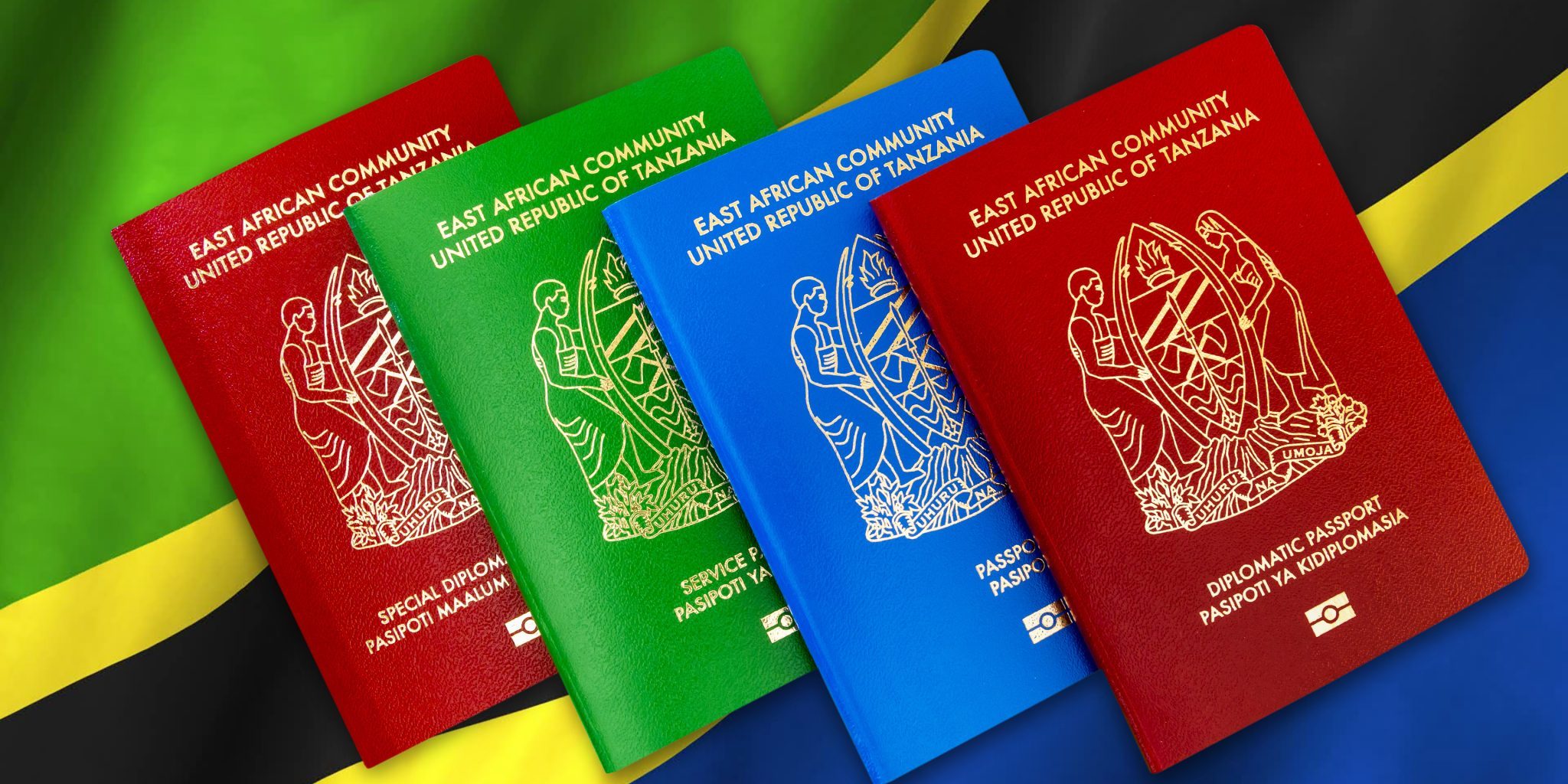
Planning a trip to Tanzania? Before embarking on your African adventure, it’s essential to familiarize yourself with the visa and passport requirements for entering the country.
Most international travelers need a visa to visit Tanzania. Fortunately, obtaining a visa is a straightforward process. There are two main options for securing your visa:
- Online visa application: You can apply for a visa through the official Tanzanian government website. Fill out the necessary forms and provide the required documentation, such as a valid passport, travel itinerary, and proof of accommodation.
- Visa on arrival: If you prefer, you can obtain a visa upon arrival at the main ports of entry in Tanzania, including Julius Nyerere International Airport in Dar es Salaam and Kilimanjaro International Airport in Arusha.
When applying for a visa, it’s important to note that the cost is $50 per person for most nationalities, valid for a three-month stay. However, US citizens are required to pay $100 for their visa. Furthermore, it is crucial to ensure that your passport has at least six months of validity beyond your planned departure date from Tanzania.
Tanzania Visa Application Process
“The visa application process for Tanzania is designed to be simple and convenient for travelers. Whether you choose to apply online or upon arrival, make sure to have all the necessary documents readily available. Take time to review the requirements and double-check the validity of your passport. By following these steps, you can ensure a smooth entry into this captivating African destination.”
– Travel Expert
The Visa and Passport Requirements for Tanzania are essential factors to consider before embarking on your journey. By understanding the process and ensuring your documentation is in order, you can make the most of your time exploring the stunning landscapes, wildlife, and culturally rich experiences that Tanzania has to offer.
| Visa Requirements | Visa Application | Passport Requirements |
|---|---|---|
| Visa needed for most international travelers | Online application or visa on arrival | Passport must be valid for at least six months beyond final day of travel |
| Visa costs $50 per person, $100 for US citizens | Apply through official Tanzanian government website or at main ports of entry | – |
Vaccinations and Health Precautions for Tanzania

When planning a trip to Tanzania, it is essential to prioritize your health and well-being. Taking necessary vaccinations and following health precautions will ensure a safe and enjoyable travel experience. Here are some important factors to consider:
Vaccinations
Before traveling to Tanzania, it is recommended to check the Centers for Disease Control and Prevention (CDC) and consult with a healthcare professional regarding the required and recommended vaccinations for your trip. While the specific vaccinations may vary depending on your activities and health guidelines, some common vaccinations for Tanzania include:
- Hepatitis A
- Hepatitis B
- Typhoid
- Yellow fever
It is important to note that yellow fever vaccination is mandatory for travelers coming from countries with a risk of transmission. Additionally, a valid yellow fever certificate might be required upon entry into Tanzania. Ensure that you receive the necessary vaccinations well in advance of your travel dates to allow sufficient time for immunity to develop.
Health Precautions
While Tanzania no longer has COVID-19 travel restrictions as of January 2023, it is important to stay informed about the current situation and comply with any health protocols in place. Here are some general health precautions to consider:
- Wash your hands frequently with soap and water or use hand sanitizer.
- Drink bottled or boiled water and avoid consuming tap water.
- Take precautions to prevent insect bites, such as using mosquito repellent and wearing long sleeves and pants.
- Practice safe food hygiene by consuming well-cooked and properly prepared meals.
- Protect yourself from the sun by wearing sunscreen, a hat, and sunglasses.
It is advisable to seek personalized health advice from a healthcare professional before traveling to Tanzania. They can provide recommendations based on your individual medical history and travel plans.
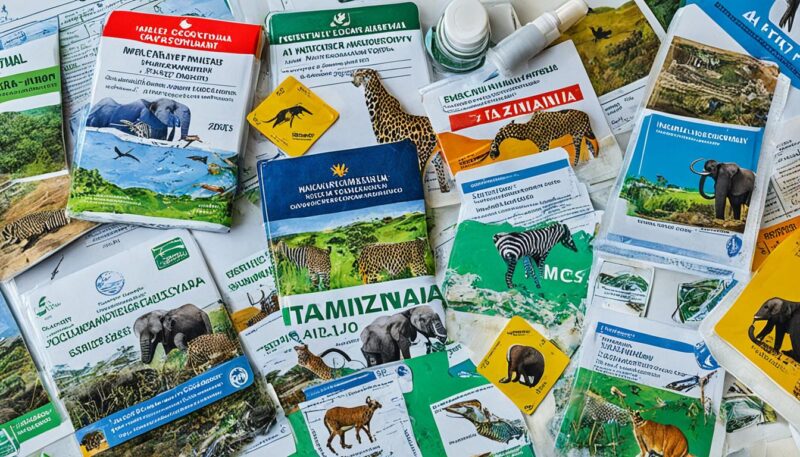
| Vaccination | Recommended | Required |
|---|---|---|
| Hepatitis A | Yes | No |
| Hepatitis B | Yes | No |
| Typhoid | Yes | No |
| Yellow Fever | Yes* | Yes* |
*Yellow fever vaccination is mandatory for travelers coming from countries with a risk of transmission. A valid yellow fever certificate might be required upon entry into Tanzania.
Time Zone and Currency in Tanzania
Tanzania operates on the GMT+3 time zone, making it an ideal destination for travelers from around the world. While planning your trip, it’s essential to consider the time difference between Tanzania and major cities across the globe. Here’s a quick comparison to help you make the most of your time in Tanzania:
- Los Angeles: Tanzania is 10 hours ahead of Los Angeles.
- New York: Tanzania is 7 hours ahead of New York.
- London: Tanzania is 3 hours ahead of London.
- Berlin: Tanzania is 2 hours ahead of Berlin.
- Hong Kong: Tanzania is 5 hours behind Hong Kong.
- Tokyo: Tanzania is 6 hours behind Tokyo.
- Sydney: Tanzania is 8 hours behind Sydney.
- Auckland: Tanzania is 10 hours behind Auckland.
As for currency, the official currency of Tanzania is the Tanzanian shilling (TZS). However, US dollars and euros are widely accepted, especially in hotels, tourist establishments, and larger cities. It’s recommended to carry a combination of local currency and US dollars or euros for convenience during your stay.
Getting Acquainted with the Tanzanian Shilling
When dealing with the local currency, it’s important to familiarize yourself with the Tanzanian shilling. Banknotes come in denominations of 500, 1,000, 2,000, 5,000, and 10,000 shillings, while coins are available in values of 50, 100, 200, and 500 shillings. ATMs can be found in major cities and towns, making it convenient to withdraw cash in the local currency when needed.
“Experiencing the local currency adds a touch of authenticity to your Tanzanian adventure. Don’t forget to exchange some dollars for shillings and embrace the vibrant culture of the country!” –
Language in Tanzania
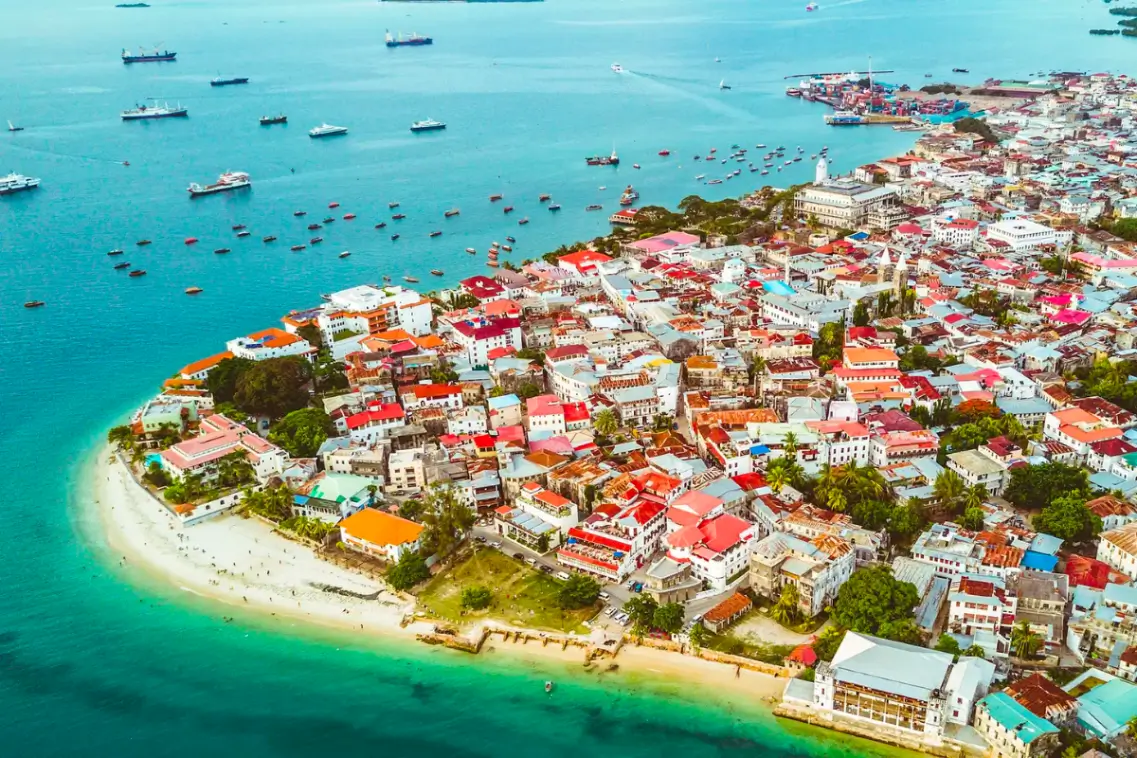
Tanzania, a country rich in cultural diversity, boasts two official languages: Swahili and English. Swahili, also known as Kiswahili, holds a prominent position as the most widely spoken language in the country. This Bantu language serves as a unifying force among the diverse ethnic groups and is often used for interethnic communication.
English, on the other hand, plays a crucial role in Tanzania’s tourism sector, serving as a common language among tourists, guides, and hosts. Visitors can expect a high level of English proficiency among the local population, especially in popular tourist destinations. English signage, menus, and communication materials are readily available, facilitating effective interactions for non-Swahili speakers.
To fully immerse oneself in Tanzania’s vibrant culture and enhance the travel experience, learning a few basic Swahili phrases can be immensely rewarding. The locals appreciate the effort put forth by travelers to communicate in their native language and are often delighted to assist and engage in Swahili conversations.
Swahili Proverb: “Asiyefunzwa na mamae, hufunzwa na ulimwengu.” (Translation: “One who is not taught by their own mother, is taught by the world.”)
By embracing the beauty of both Swahili and English, visitors can forge deeper connections with the Tanzanian people, unveiling hidden nuances of the country’s rich linguistic heritage. Let language be your bridge to a more immersive and authentic Tanzanian adventure!
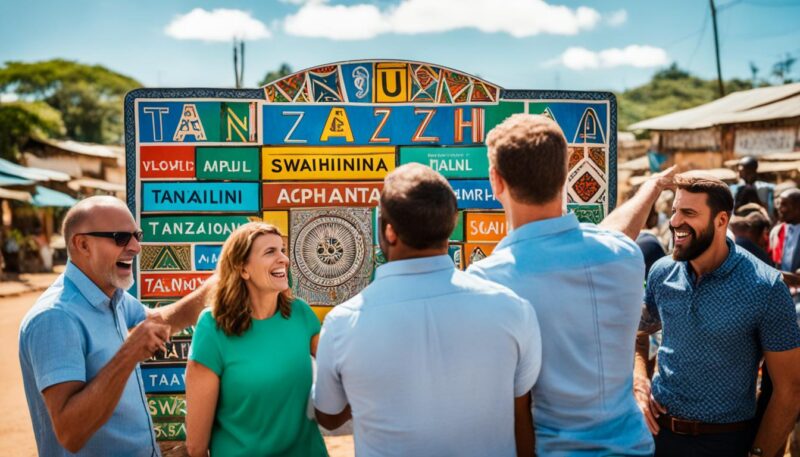
Travel Tips and Best Time to Visit Tanzania
When planning a trip to Tanzania, there are a few essential travel tips that can enhance your experience and ensure a smooth journey. From staying safe and securing your belongings to understanding the best time to visit, these tips will help you make the most of your adventure.
Safety First
Safety is a top priority when traveling to any destination, including Tanzania. It is important to be cautious of petty theft, particularly in crowded areas or tourist hotspots. Keep a close eye on your belongings and avoid displaying valuable items openly. Additionally, be aware of common scams and only use reputable and licensed tour operators for your excursions. By staying vigilant and taking necessary precautions, you can enjoy your trip without any disruptions.
Health Precautions
Before embarking on your Tanzania journey, it is essential to pack essential medication and consult with your healthcare provider regarding any required vaccinations. Depending on the activities you plan to engage in and the current health guidelines, certain vaccinations such as hepatitis A, hepatitis B, typhoid, and yellow fever may be recommended.
“It is crucial to have appropriate travel insurance that includes medical coverage to protect against any unforeseen health issues during your stay.”
Respecting Wildlife and Local Customs
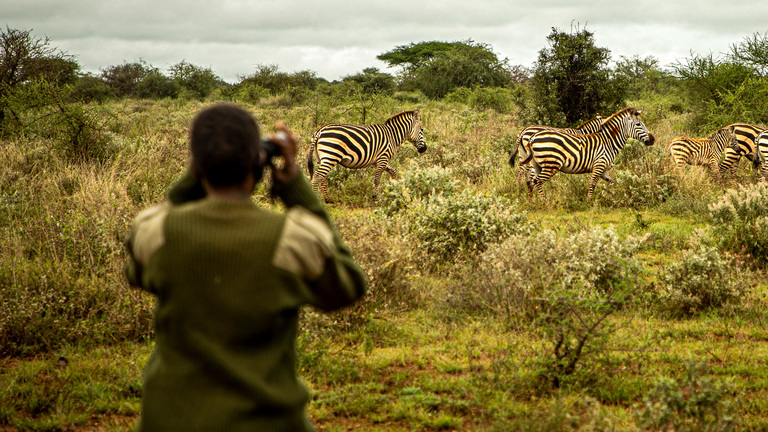
Tanzania is known for its breathtaking wildlife and natural beauty. When visiting national parks and reserves, it is essential to adhere to wildlife regulations and maintain a safe distance from animals. Respecting their natural habitat is not only for your safety but also helps protect the animals and their environment.
Moreover, it is important to respect the local customs and traditions of the Tanzanian people. Dress modestly, especially when visiting religious sites, and always ask for permission before taking photographs of individuals.
Best Time to Visit Tanzania
The best time to visit Tanzania is during the dry season, which occurs from June to October. During this time, the weather is generally pleasant, with warm temperatures and minimal rainfall. The dry season is also the prime time for wildlife viewing, as animals gather around water sources, making it easier to spot them.
However, if you prefer to avoid crowds and take advantage of potential discounts, the shoulder seasons in April-May and November-December can be ideal. Although there may be occasional showers, wildlife sightings are still abundant during these periods.
Getting Around Tanzania
Tanzania offers various transportation options to explore the country. Domestic flights are a convenient and time-saving method, especially for covering long distances between different regions. Buses and shared taxis are also available for shorter distances, providing a more economical option.
When traveling within cities or towns, taxis can be readily found, but ensure they are registered and use a meter or agree on a fare in advance.
Accommodation Options
Tanzania caters to a range of preferences and budgets when it comes to accommodation. From luxury lodges and upscale resorts to budget-friendly hostels and guesthouses, there are plenty of options available. It is advisable to book in advance, especially during peak tourist seasons, to secure your preferred accommodation.
Whether you prefer a comfortable retreat amidst wildlife or a cozy home-away-from-home, Tanzania has accommodation choices to suit every traveler’s needs.
By following these travel tips and considering the best time to visit Tanzania, you can embark on a memorable journey to this beautiful country. Immerse yourself in its rich wildlife, stunning landscapes, and vibrant culture, creating unforgettable memories to cherish for a lifetime.
Conclusion
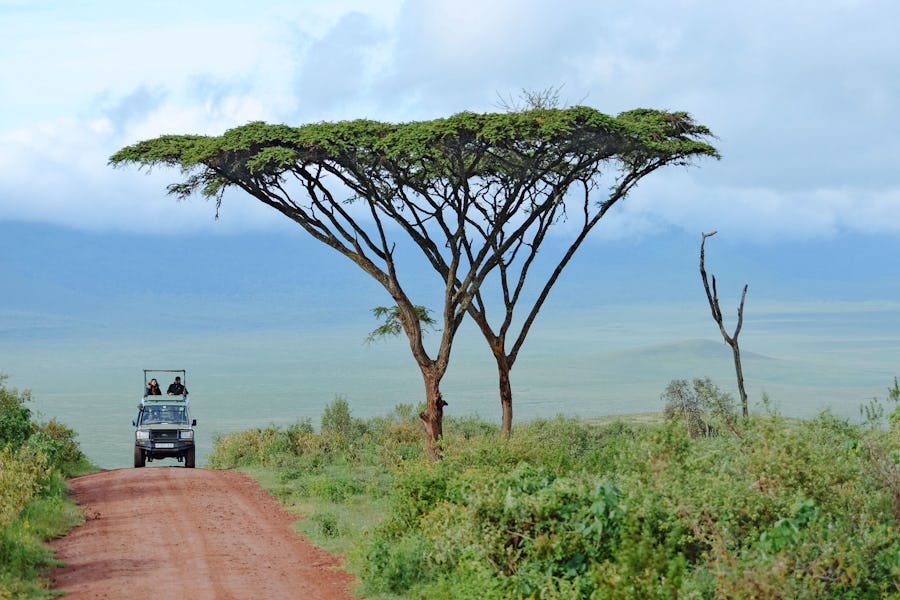
Embark on a Tanzania adventure and experience the magic of this incredible destination. With its diverse wildlife, breathtaking landscapes, and vibrant culture, Tanzania offers an unforgettable experience for travelers. The country’s commitment to safety and expert travel advice ensures a secure visit to this captivating land.
From witnessing the Great Migration in the Serengeti to conquering Mount Kilimanjaro, Tanzania provides countless memorable moments. Immerse yourself in the awe-inspiring natural wonders, whether exploring the stunning beaches of Zanzibar or marveling at the vast Serengeti Plains. The cultural heritage of the Tanzanian people is equally captivating, with warm hospitality and rich traditions.
Create your personalized Tanzanian adventure and make memories that will last a lifetime. Plan your itinerary according to the best time to visit, and indulge in the countless activities and experiences that Tanzania has to offer. Whether it’s spotting the Big Five, trekking through lush rainforests, or discovering the vibrant local markets, Tanzania will leave a lasting impression.
Get ready for an unforgettable journey filled with adventure and discovery! If you liked this article, be sure to also check out our article about: Asia’s Must-See Festivals
FAQ
Is Tanzania a safe country to visit?
Yes, Tanzania is considered one of the safest destinations in Africa. With over 1 million tourists visiting each year, safety is a top priority. Private safari experiences with knowledgeable guides enhance the overall travel experience and provide peace of mind. Tanzania’s population is known for its hospitality, welcoming tourists to explore and experience the country’s natural beauty and cultural heritage.
What is the population of Tanzania?
Tanzania has a population of nearly 60 million people, making it one of Africa’s most populous countries. It is also known for its ethnic diversity, with around 125 different ethnic groups and over 100 languages spoken throughout the country. The Tanzanian people are renowned for their warm hospitality, often welcoming tourists to immerse themselves in the local culture and traditions.
What are the visa and passport requirements for Tanzania?
Most international travelers will need a visa to enter Tanzania. Visas can be obtained online through the official Tanzanian government website or upon arrival at the main ports of entry. The visa is valid for three months and costs per person, or 0 for US citizens. It is important to note that passports should have at least six months of validity beyond the final day of travel.
What vaccinations and health precautions should I take before traveling to Tanzania?
It is recommended to have certain vaccinations before traveling to Tanzania, such as hepatitis A, hepatitis B, typhoid, and yellow fever, depending on the traveler’s activities and the current health guidelines. While yellow fever vaccinations are mandatory for travelers coming from countries with a risk of transmission, as of January 2023, there are no longer any COVID-19 restrictions in Tanzania. It is advised to consult a physician for personalized health advice before traveling to Tanzania.
What is the time zone and currency in Tanzania?
Tanzania is on GMT+3 time zone. The local currency is the Tanzanian shilling, although US dollars and euros are widely accepted.
What languages are spoken in Tanzania?
The official languages in Tanzania are Swahili and English. Swahili is the most widely spoken language, while English is commonly used in the tourism sector and by Tanzania Specialist guides and hosts. Travelers can expect most of the local population to understand and communicate in English, but learning a few basic Swahili phrases can greatly enhance the cultural experience.
What are some travel tips and the best time to visit Tanzania?
Some essential travel tips for visiting Tanzania include being cautious of petty theft, avoiding common scams, packing essential medication, respecting wildlife regulations, and adhering to local customs. The best time to visit Tanzania is during the dry season from June to October, although the shoulder seasons in April-May and November-December offer fewer crowds and potential discounts. Domestic flights, buses, and shared taxis provide transportation options, and there is a wide range of accommodation options available, from luxury lodges to budget-friendly hostels.
Why should I visit Tanzania?
Tanzania offers a unique and unforgettable adventure for travelers, with its diverse wildlife, breathtaking landscapes, and vibrant culture. With proper safety precautions and expert travel advice, visiting Tanzania is considered safe. From witnessing the Great Migration in the Serengeti to conquering Mount Kilimanjaro, Tanzania promises to leave lasting memories. Embrace the spirit of Tanzania, explore the natural wonders, and immerse yourself in the rich cultural heritage of the country. Plan your personalized Tanzanian adventure and create memories that will stay with you for a lifetime.
